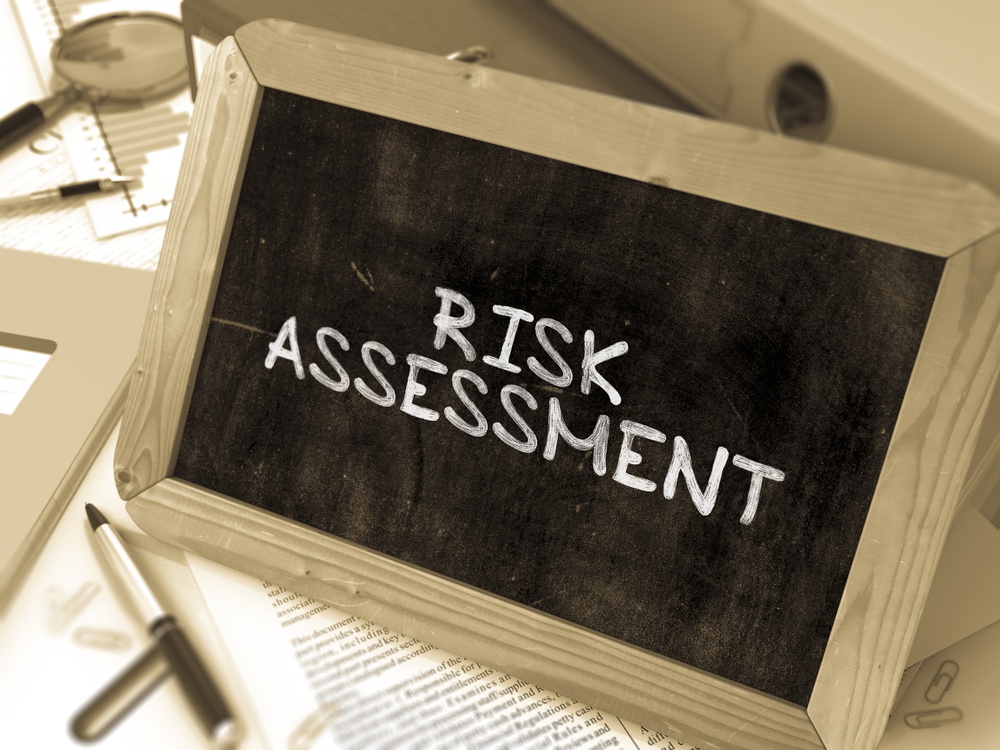
We have already taken a close look at some of the factors and participants involved in the day-to-day business of organising and running a fleet: companies (employers), drivers (employees) as well as journeys and vehicles.
All the parties involved have their responsibilities and tasks in work related to driving, but employers, especially, have a clearly defined duty of care, both towards employees and the general public—in the case of driving this would mostly mean other road users.
Driving for work is considered a risky activity and the employer is clearly obliged to provide a standard of reasonable care by assessing and minimising the risks involved. In the event of accidents or damage, if this duty of care is breached and employers are seen to be responsible for it, or non-compliant with the standards, they can be left exposed to serious consequences.
UK based companies are also obliged to consider their duties as stated in the Corporate Manslaughter and Homicide Act 2007 and in the Health and Safety Offences Act 2008. In Ireland companies’ responsibilities are stated in the Corporate Manslaughter Bill of 2013.
Duty of care along with health and safety obligations are mandatory for all employers, who are therefore liable to legal action if it is demonstrated that they have acted in a negligent way regarding these responsibilities.
Professional drivers are required to drive in the safest way reasonable and, with this in mind, any possible risks should be identified and minimised.
In the event of a driver involvement with a collision or serious accident, both driver and employer can be prosecuted for non-compliance—negligence due to ignorance of the legal requirements will offer no defence in court. An accident or court action (not to mention the costs incurred from the proceedings); the possibility of serious health consequences or even death; the risk of losing a job and driving licence can all compromise a company financially, while also tarnishing its reputation.
A good safety standard provided by effective driver training, efficient maintenance programs and safety policies, not only protect drivers and their health, but also benefits employers. Fleet compliance to legal standards, therefore, makes all-round good sense and the technology used, along with a proactive approach, and mutual communication between management and drivers are also key to this aim.




